Pack Weight: 50g .
Price : 25 $ USD
Components :
Ginkgo biloba / leaves
Rosmarinus officinalis / leaves
Salvia officinalis / leaves
Cinnamomum aromaticum / bark
TEA 32 :
A herbal infusion made from natural medicinal plants with no side effects.
Indications :
- Memory disorders
- Concentration problems
- Memory regression
- Cerebral blood flow disorders
- Circulatory failure
- Tinnitus, dizziness due to inner ear inflammation
- Prevention of neurodegenerative diseases and aging-related diseases
- Prevention of diabetic neuropathy
Enhanced Effect:
The effect of TEA 32 is more beneficial when combined with:
- Fatigue, asthenia→ Infusion 8
- Insomnia→ Infusion 24
- Stress→ Infusion 25
Memory: A Vital Process
Memory is a biological process that allows us to store, retain, and retrieve information. Without memory, we would be deprived of identity, expression, knowledge, reflection, and even future projection. Memory is one of the essential components of intelligence, where each memory is associated with a specific, adaptable assembly of neurons.
To memorize information, the brain performs three successive operations:
- Encoding– The learning phase, influenced by emotional state and level of attention.
- Storage– The phase where the brain organizes, labels, and classifies information.
- Retrieval– The ability to recall stored information.
A memory of an event contains impressions or images reflecting our interpretation and personal history, combined with sensory signals. Our memory encompasses perceptions, reactions, goals, emotions, imagination, and thought processes.
Neural Mechanisms of Memory
Memory formation occurs through mechanisms of consolidation and synaptic plasticity, involving modifications in neuron connections. Each neuron (about 100 billion in the brain) receives thousands of synapses from numerous other neurons (about 1 quadrillion synapses).
If a neuron is strongly activated, it can excite a target neuron through one or more synapses. Synaptic plasticity plays a crucial role in learning and memory.
A memory corresponds to variations in electrical activity within a specific neural circuit. Memory formation depends on strengthening or creating temporary synaptic connections, influenced by proteins such as glutamate, NMDA, and syntaxin. The memory is then consolidated based on cellular mediators present in the neuronal network. Strengthening or reducing connections determines whether a memory is retained or forgotten.
On a morphological level, plasticity involves changes in synapse shape and size, conversion of silent synapses into active ones, and the growth of new synapses. Long-term memory retention depends on modifying the kinetics of mediators such as Protein Kinase M Zeta (PKM Zeta), which self-replicates and is not inhibited.
Types of Memory
- Short-Term Memory (Working Memory):
- Essential for daily activities (0.5 seconds to 10 minutes).
- Associated with electrical waves in the prefrontal and temporal cortex.
- Plural Memory:
- Involves multiple prefrontal cortex areas.
- Essential for reasoning, planning, and specific memory functions.
- Long-Term Memory:
- Stores information based on abstraction levels and consists of:
- Implicit Memory (Unconscious):
- Motor, verbal, and cognitive skills.
- Related to automatic processes and acquired expertise.
- Explicit (Declarative) Memory:
- Stores information that can be expressed in words.
- Divided into:
- Semantic Memory:
- Facts, theoretical concepts, and general knowledge.
- Information retrieval depends on its position in a semantic network.
- Episodic Memory:
- Personal past events (autobiographical memory).
- Includes the ability to project into the future.
- Prospective (Sensory) Memory:
- Semantic Memory:
- Stores sensory perceptions (visual, auditory, tactile, gustatory).
- Allows brief recall of experiences through sensory cues.
- Eidetic (Photographic) Memory:
- Hypothesized ability to remember large amounts of visual or auditory data for 30 seconds.
Aging and Memory
As we age, synaptic plasticity declines, making neural connections more fleeting and increasing difficulty in retaining information.
Cognitive reserve refers to the brain’s ability to efficiently utilize neural networks and create compensatory connections in response to damage. It depends on:
- Lifelong learning and education
- Intellectual stimulation
- Social interactions
- Genetics, diet, exercise, and sleep
Emotions can enhance memory encoding by improving focus. The recall of memories is proportional to their emotional intensity. Positive emotions have a protective effect on memory, while extreme emotional experiences can lead to dissociative amnesia, an unconscious defensive mechanism.
Forgetting is a physiological process necessary for brain efficiency, allowing it to filter out unnecessary information. However, pathological forgetting occurs when semantic or episodic memory is extensively affected.
Memory Disorders & Causes
Severe, lasting amnesia:
- Physical trauma→ Brain lesions
- Stroke (hemorrhagic or ischemic)
- Brain tumors
- Neurodegenerative diseases (e.g., Alzheimer’s)
Mild, reversible memory issues:
- Depression
- Stress, anxiety, fatigue
- Traumatic events (grief, shock)
- Effects of sleeping pills, anxiolytics
- Drug use
Biological origins of amnesia include deficits in neurotransmitters or poor connectivity between brain networks.
Semantic Dementia: Patients retain episodic memories but forget words and daily information due to temporal lobe atrophy.
Alzheimer’s Disease: Causes episodic memory loss with frontal-temporal atrophy.
Transient Amnesia (Idiopathic Amnesic Episode): A sudden memory loss for 6 to 8 hours, where the patient forgets recent events.
Future of Memory
- Prospective Memory (Future Thinking):
- Our brain can construct plausible future scenarios based on past experiences.
- External Memory (Digital Storage):
- The rise of electronic storage devices is changing how we organize and recall information.
- Artificial Memory Enhancement:
- Scientists are exploring memory transplantsand ontogenetic techniques to activate or inhibit specific neurons, offering potential treatments for psychiatric disorders.
Boosting Memory Naturally
- Be attentiveand prioritize information.
- Repeat information aloudto reinforce learning.
- Avoid routineto stimulate cognitive flexibility.
- Sleep wellto allow memory consolidation.
- Exercise regularlyto oxygenate the brain.
- Maintain a healthy dietrich in brain-boosting nutrients.
- Engage in mental exercisesand memory games.


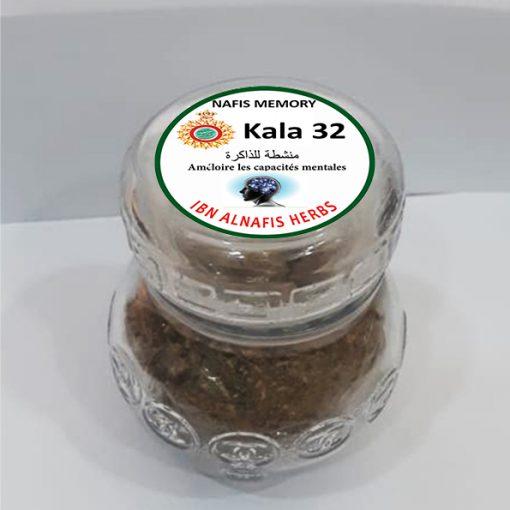
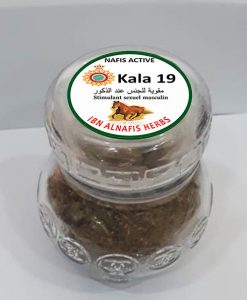
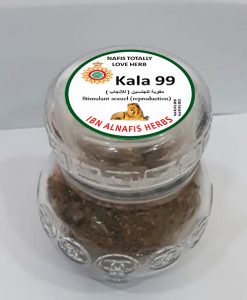
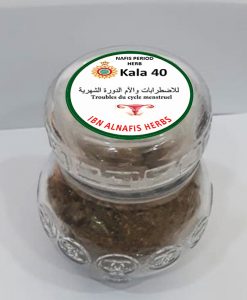
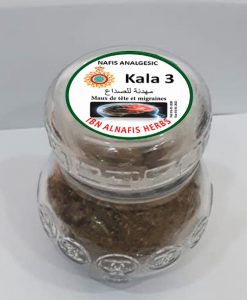
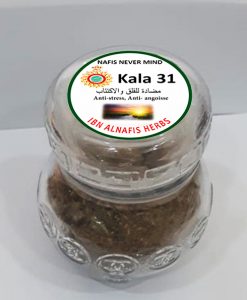
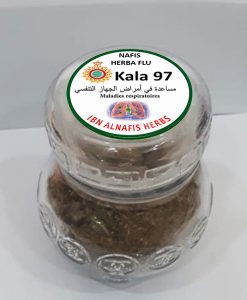
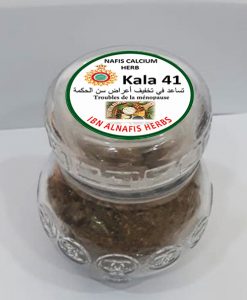
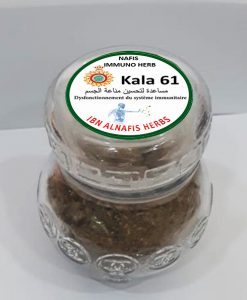
Reviews
There are no reviews yet.